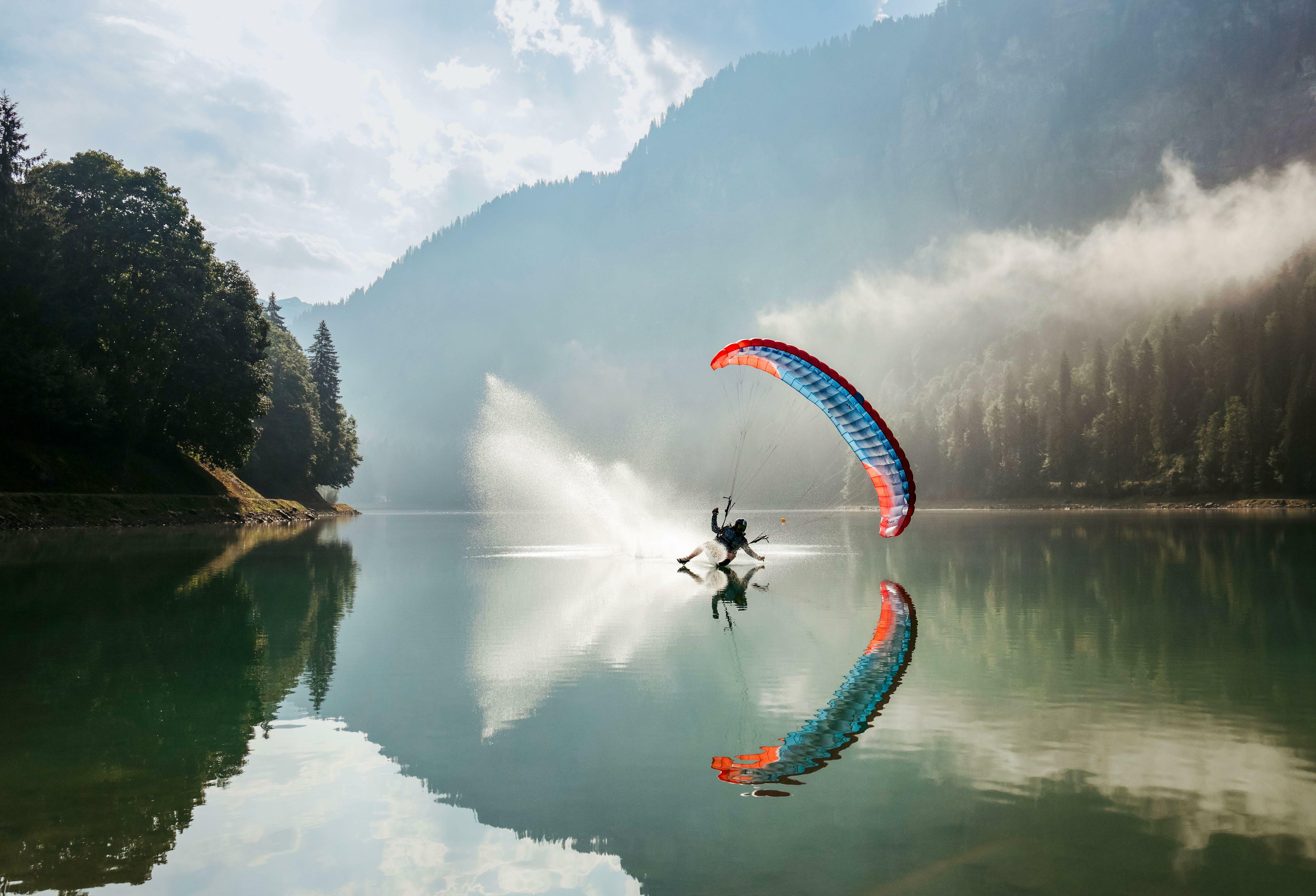
APERTURES
Use Av mode to control how wide-to-narrow apertures in your lenses affect exposures
Different apertures affect sharpness
See how a narrow aperture compared to wide captures sharper scenes
Making sense of aperture f-stops
Your at-a-glance guide to aperture scales and what settings mean
Altering the aperture is one of your most potent weapons, but this simple control can lead to confusion. The aperture used can create varied, seemingly contradictory, effects. Then there is the number scale in the wrong order…
To simplify things, just think of the aperture as an opening that can be varied in size to control the amount of light reaching the camera sensor. Used in conjunction with shutter speed (the length of time the sensor is exposed to light), the aperture enables you to match the exposure to the brightness of the scene. The wider the aperture, the more light that is let in – helping you to compensate for darker conditions, or enabling you to use a faster shutter speed.
The aperture isn’t in your camera; it’s inside the lens. As Canon EOS DSLR and EOS R mirrorless lenses are removeable, the range of aperture settings varies on your lens. Expensive lenses tend to have significantly wider maximum apertures than budget zooms – eg f/1.2 or f/2.8 compared to f/4 or f/5.6. What might frustrate those new to photography is the field, and how much of the scene actually appears sharp.
Denne historien er fra April 2024-utgaven av PhotoPlus : The Canon Magazine.
Start din 7-dagers gratis prøveperiode på Magzter GOLD for å få tilgang til tusenvis av utvalgte premiumhistorier og 9000+ magasiner og aviser.
Allerede abonnent ? Logg på
Denne historien er fra April 2024-utgaven av PhotoPlus : The Canon Magazine.
Start din 7-dagers gratis prøveperiode på Magzter GOLD for å få tilgang til tusenvis av utvalgte premiumhistorier og 9000+ magasiner og aviser.
Allerede abonnent? Logg på
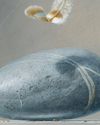
The Art of Copying Art - James Paterson shows you how to use your Canon gear to capture artwork and paintings the right way with simple camera and lighting skills
Whether you want to capture a painting like the above, digitise old prints or reproduce any kind of canvas, there's real skill in capturing artwork with your camera. Not only do you need the colours to be accurate, you also need to master the spread, angle and quality of the light to minimise glare and show the work at its best.This painting by the artist Bryan Hanlon has a wonderfully subtle colour palette. To reproduce the painting in print and digital form, it needs to be captured in the right way.
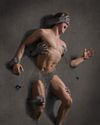
Fright night
Canon photographer and digital artist Alexander loves to craft incredible fantasy scenes with a spooky horror twist

Sharpen your shots with DPP
Sharpening a digital image also increases contrast at the edge of details

CANON ImagePrograf PRO-1100
Deeper blacks, better bronzing, greater lifespan and 5G Wi-Fi -Canon's new printer is full of new tech, says
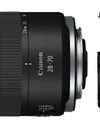
Canon's new 'kit lens' is actually a half-price f/2.8 trinity lens!
The Canon RF 28-70mm F2.8 IS STM lacks a red ring, but borrows premium features from its L-series siblings

DREW GIBSON
Pro motorsports photographer Drew on why he hasn't (yet) switched to Canon's mirrorless system, why old-school techniques can be the most reliable, and the lessons learned from more than a decade shooting the world's biggest car brands

Up in smoke
Make a smoky shape in Affinity Photo and get to grips with the amazing Liquify Persona under the guidance of James Paterson

Expand your creativity with Generative Fill
Photoshop's Al-powered feature brings revolutionary new tools to image editing. James Paterson reveals all...

Turn your images into vintage postcards
Wish you were here? Sean McCormack explains how you can give your summer photographs a vintage postcard look
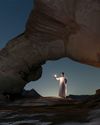
The Angel Malibu
Light painting an American movie producer in the Wadi Rum Desert in Jordan was a highly unlikely evening out for David!